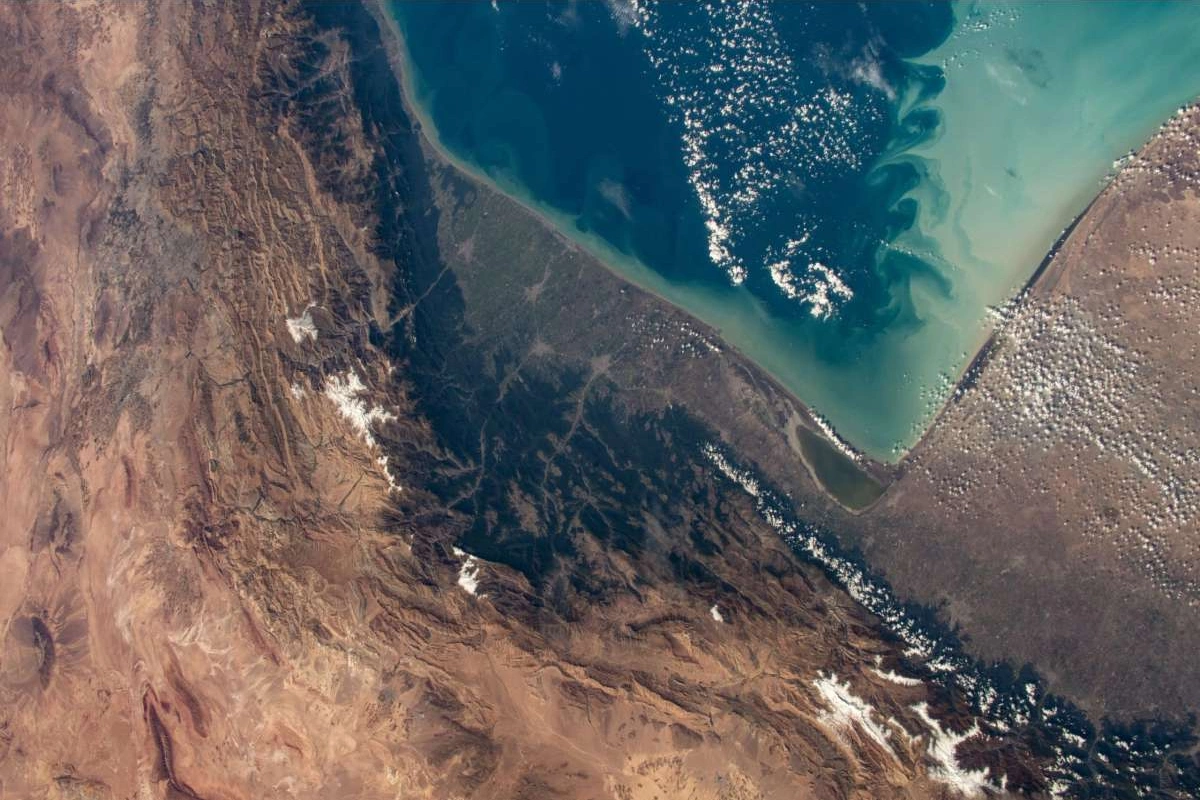
The region is already experiencing declining fish stocks, soil salinization threatening agriculture, and the gradual extinction of certain species, such as the Caspian seal.
Caspian-Sea © NASA
At COP29, Inger Andersen, Executive Director of the United Nations Environment Programme (UNEP), stated that the Caspian Sea is at the heart of a triple planetary crisis: climate change, biodiversity loss, and environmental pollution, according to UN News.
Andersen warned that if the current situation persists, the water level in the Caspian Sea could drop by as much as 18 meters by the end of the century.
Inger Andersen noted that this is not just an environmental disaster but a socio-economic crisis that could force the displacement of 5 million people by 2050.
The region is already experiencing declining fish stocks, soil salinization threatening agriculture, and the gradual extinction of certain species, such as the Caspian seal.
The head of UNEP emphasized that despite the alarming situation, the Caspian Sea has a chance to be saved, and this will be a unique opportunity for international cooperation.
She identified three priorities for protecting the Caspian Sea. First, a scientific approach is needed to help make informed decisions. Monitoring and forecasting will enable better management of water level changes, adaptation to climate change, protection of biodiversity and combating pollution.
Secondly, Inger Andersen noted that solutions have to be transboundary. Only by joint efforts the countries of the region will be able to develop comprehensive measures aimed at preserving ecosystems and economic development. And thirdly, actions should be urgent and decisive.
Share on social media